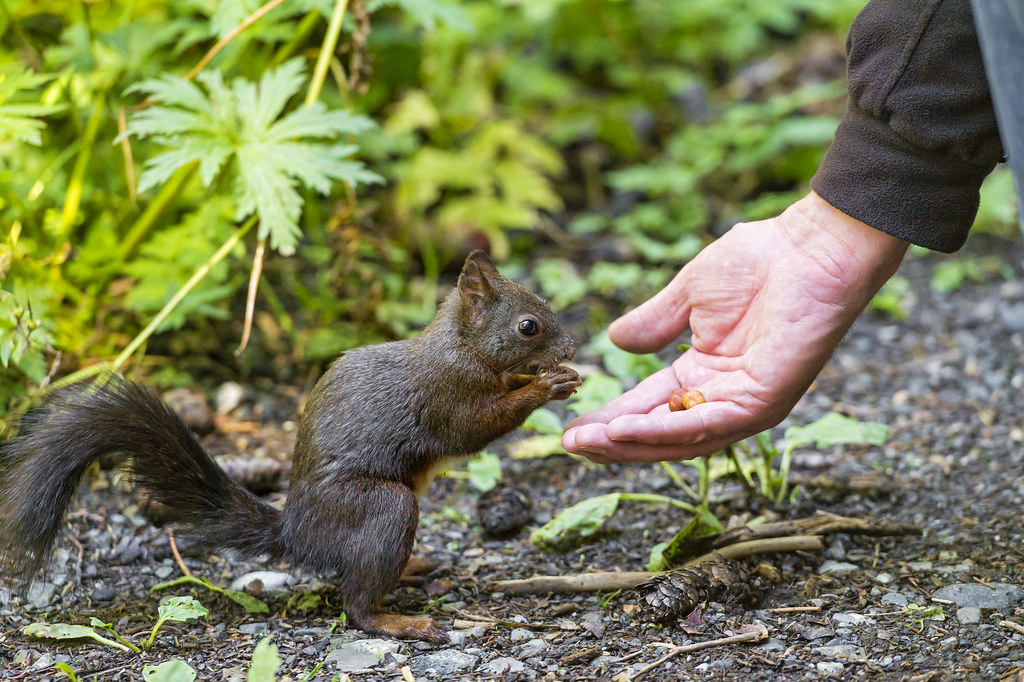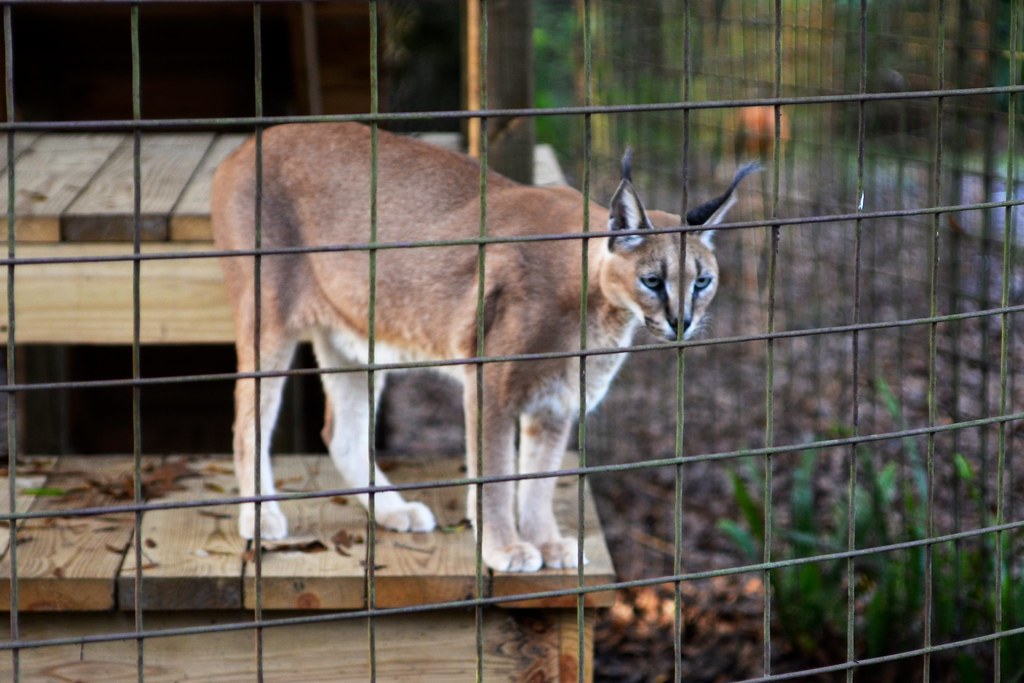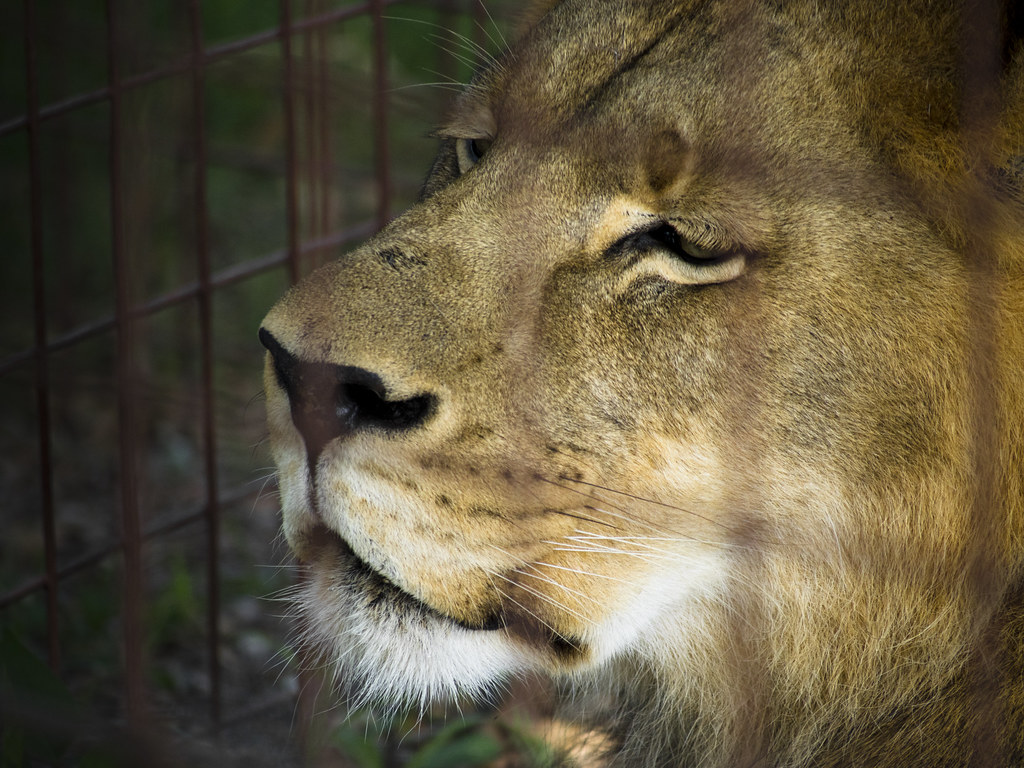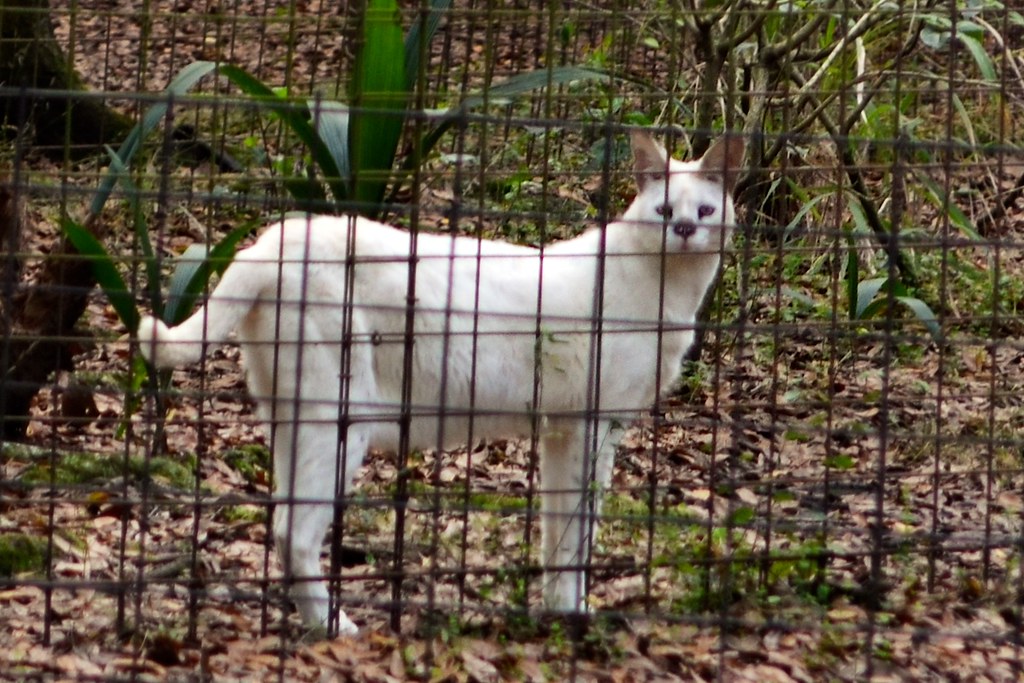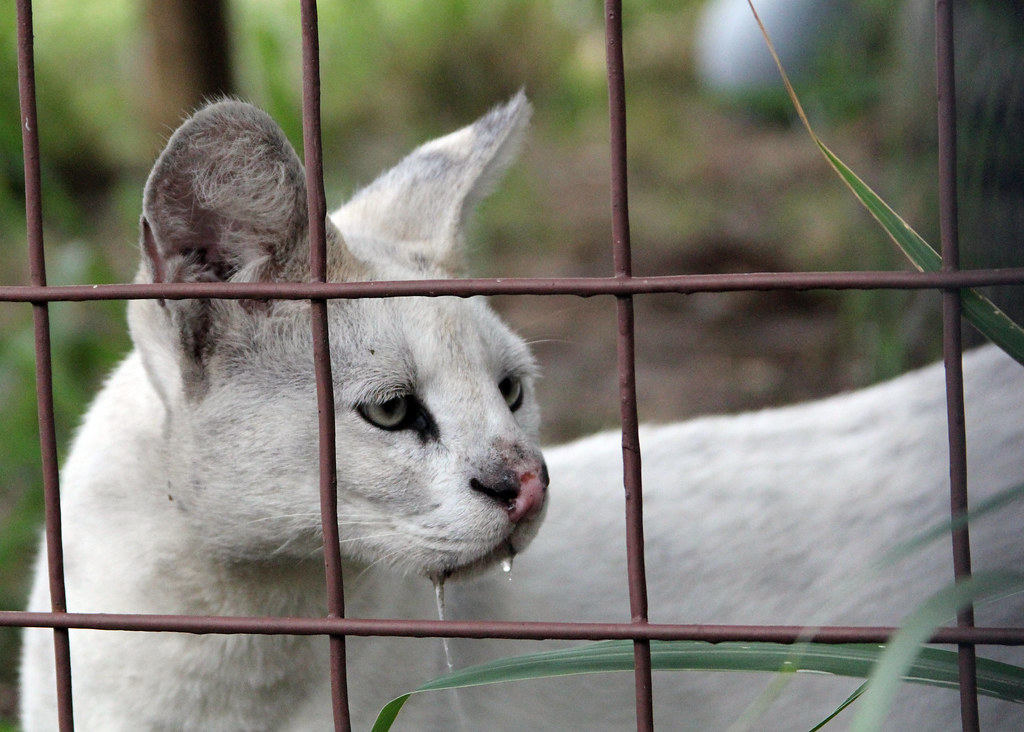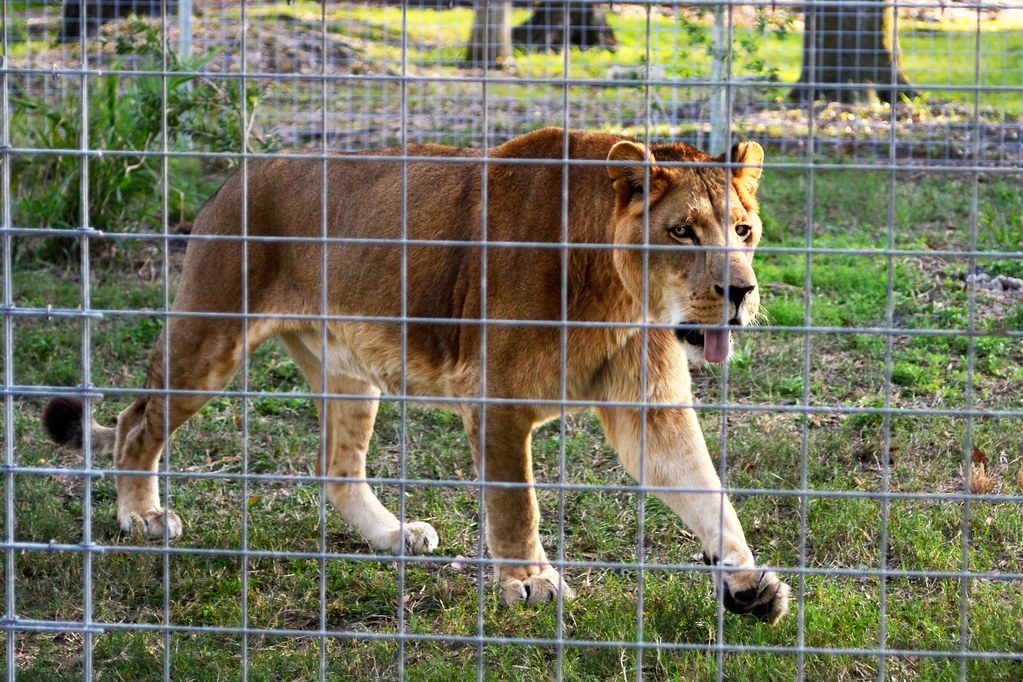“3 Ridiculous Reasons People Give for Keeping Exotic Animals as Pets”
(One Green Planet’s Corrine Henn couldn’t fail harder at criticizing exotic pet ownership if she tried.)
“Despite the myriad of animal and human welfare issues that keeping an exotic animal as a pet poses, there is very little regulation in place in the U.S. that prohibits people from continuing this bizarre hobby.”
What “human welfare” issues are involved with exotic pets? Oh, I know, how about denying people pet ownership rights, which has been proven by numerous studies to benefit human health. These findings, of course, were considering dogs and cats, but there’s no reason they can’t apply to other species.
However, as it is “bizarre”, the ditzy author believes exotic pet ownership is inherently terrible, and here are her laughable ‘rebuttals’.
“They state on their website, “animals are personal property and we oppose legislation that restricts the private ownership or use of animals.” They then go on to state that bans on exotic animal ownership force owners, “to choose between giving up their beloved non-human family member or keep the animal illegally.”
"How one moment a wild animal is considered “personal property” and a “loved family member” the next, is beyond our comprehension, but this points to the great disconnect between feigning care and doing what’s best for animals that are ketp as exotic pets.”
While it might be a strange concept to ignorant and non-thinking individuals, pets are property regardless of what you think about them. And trust me; you want it to stay that way, even if it doesn’t sound pleasing to human sensibilities.
Your right to possess a dog in the first place comes from the fact that it is deemed as ‘property’ by the law. Obviously, if animals weren’t considered property, you couldn’t buy dogs, cats, hamsters, or any pet. In a perfect world, there would be no dog overpopulation problem, and those who think they are not a part of the dog-buying industry because they’ve ‘adopted’ their pet would probably seek new companions from reputable breeders.
Well, too bad.
Who says anyone has the right to manipulate canines with selective breeding for human benefit?
The word ‘property’ only denotes that you have the right to keep and make decisions for your dog (or any pet) and that another human cannot violate your rights and steal, harm, or kill it. It also makes you responsible for the proper care of that animal. Why is this so horrible?
Just because a chair is also property does not mean you can treat an animal you own the same way as one. We have animal welfare laws in place that make it illegal to abuse your living ‘property’. Exotic pet owners simply want the same rights that dog owners have…to possess the pets of their choice.
So whining about this term is due to a kindergartener’s understanding of legal concepts.
1. To Benefit Wild Populations (One Green Planet Claims)
“While this is a nice thought, people who purchase exotic animals are usually doing so for themselves, not because they wish to benefit the wild species as a whole. Most exotic animals who are kept as pets never learn how to survive in the wild, therefore making it impossible for them to ever be released to join wild populations. In fact, studies have shown that wild members of a species are less likely to mate with a captive member of the species, completely debunking the idea of repopulation via captive breeding.”
First of all, yes, exotic pet owners get pets for themselves, just like all other pet owners. Duh.
But because of the obscene amount of criticism received, some owners like to suggest that captive exotic animals can contribute to conservation.
WHAT DO DOGS AND CATS CONTRIBUTE TO CONSERVATION?
Obviously, they do nothing but harm the environment (‘Rewilding Australia’ suggested that Australians start keeping pet quolls instead of cats to benefit the ecosystem), yet exotic pet owners still feel they need to make excuses for their pet choices, and that is ridiculous. However, the idea that some captive animals can help restore animal populations that are in trouble in the wild is not absurd.
Famously, ranchers and zoos helped save the American bison from extinction. California condors, black-footed ferrets, Arabian oryx, golden lion tamarins, and Mexican wolves have also been restored by captive breeding and successfully released into the wild.
The One Green Planet writer either chose to ignore this, lied, or is just incredibly ignorant.
She thought she would ‘debunk’ this irrefutable fact by pointing out one study that showed a tendency of house mice to prefer mating with fully wild mice over those captive bred in captivity for three generations.
It did not occur to the writer that captive bred animals could potentially restore populations after an extinction event or that there is a likely possibility that not all species will behave like house mice.
While I would agree that most captive animals will likely never have their genetics re-introduced into the wild, this is mostly due to lack of habitat to carry out such a task. Captive animals are seen as a ‘last resort’ and efforts to conserve animals in situ are of the most importance.
2. A Learning Experience (Lazy non-rebuttal)
“For some exotic pet enthusiasts, taking care of a dog or cat is simply not challenging enough. They enjoy the “journey” of owning an exotic animal and having the opportunity to observe its behavior. We can’t help but question what satisfaction anybody receives from knowing they’re capable of keeping a wild animal alive restricting it to an outdoor enclosure or tank."
Uh, OK, but actually, no one cares about your ignorant opinions. You can question the exotic pet owner’s satisfaction all you want, but without evidence that the animal is experiencing poor welfare, your animals-only-belong-in-the-wild religion will be fully ignored.
3. If Cats and Dogs Can be Domesticated, Why Not Exotic Animals?
“The idea here is that if a wild animal only knows human care, they will not experience their natural instincts and in a sense “be wild.” While some exotic animals will lose their ability to survive in the wild and never learn how to hunt –i.e. rendering them dependent on humans for food – they will not become “domesticated” as such. They will still maintain their natural instincts to hunt, run, mate, and well, be wild.”
Apparently this nitwit feels that all domesticated cats and dogs have lost their instinct to hunt, run, and mate.
Well, it’s clear that while they are berating exotic pet owners, the author must have never owned or seen any kind of animal in their life.
Either that, or they fail to make common sense conclusions and that’s why they shouldn’t be allowed to exhibit their ignorance on a public website. While not all dogs and cats hunt, although a significant number of them do, all animals have the mating instinct.
No, you do not get to say your dog doesn’t have this instinct if you have surgically altered their reproductive system.
I know it’s hard, but try and think rationally.
“Trying to domesticate an exotic animal would take thousands of years to accomplish and take the species entirely out of the natural ecosystem … is that something that we really want to mess with?”
No, it would not take thousands of years (and yes, I do want to mess with it). Significant changes occur in captive bred animals in as little as three generations.
How do I know this? The author’s own cited study!
“In fact, studies have shown that wild members of a species are less likely to mate with a captive member of the species”
This likely means that the captive bred mice are behaviorally different (although environmental effects could also be playing a part), indicating the potential for genetic differences.
Other studies experimenting with the ‘domestication phenotype’ have shown major shifts in genetic expression that result in changes in morphological and physiological traits. Some animals in the experiment had reduced flight response, which is essentially what domestication is all about.
So, in not an extensive length of generational breeding, animals may express genetic features that will enable them to better ‘acclimate’ to captivity.
It is not clear how far this process much go before an animal can be considered ‘domesticated’. Animals like Syrian hamsters are common pets that are not seen as ‘wild’ animals.
Clearly, the agenda-driven One Green Planet author doesn’t have brain functioning to comprehend this subject, so I won’t get further into it.
Henn needs to keep some animals and pick up a few books like I have to resolve her lack of an education.
*After finishing this post, I clicked on her name for more information
“Corrine is a graduate of Delaware Valley College with a degree in Conservation and Wildlife management.”
Someone slept through class!
